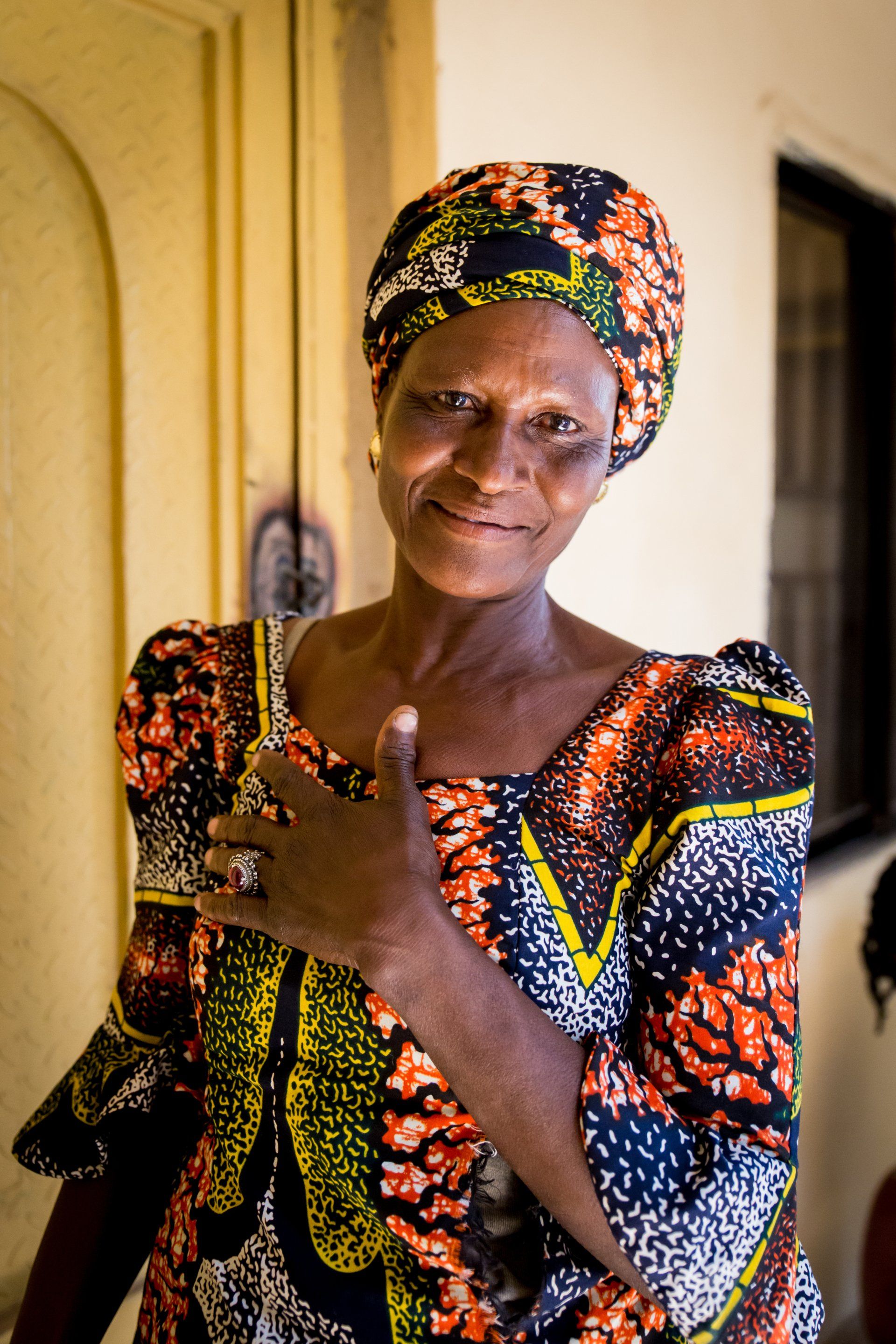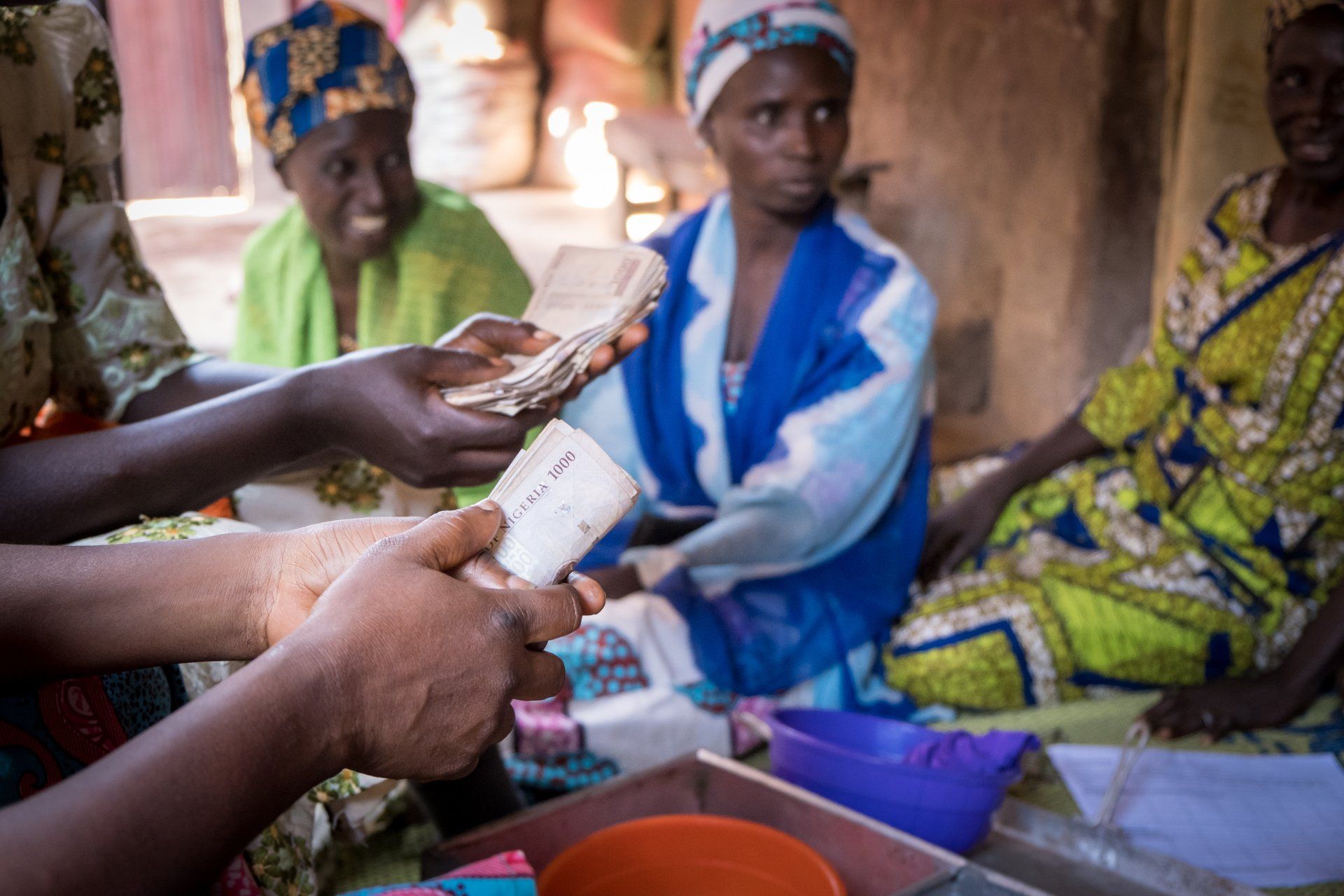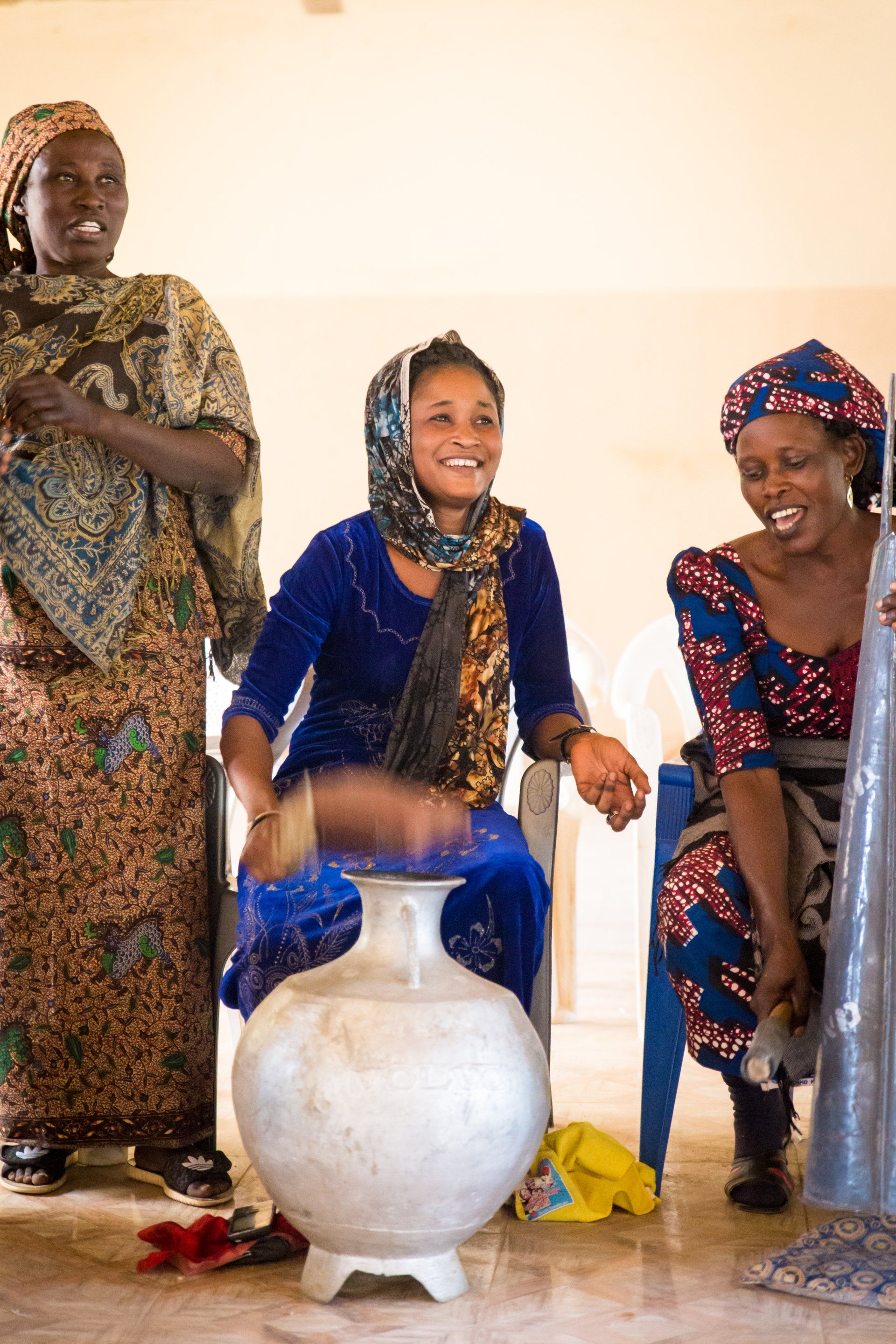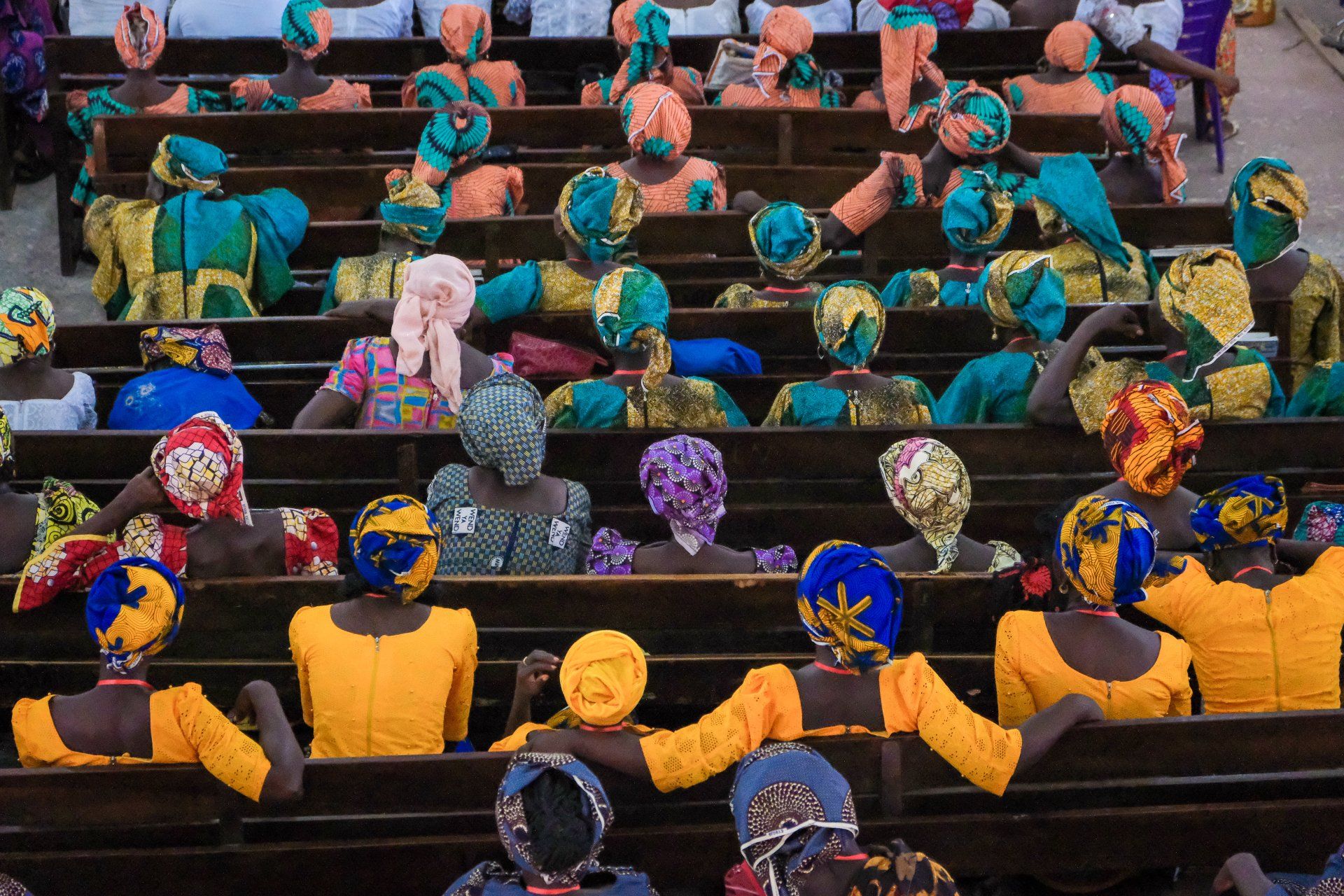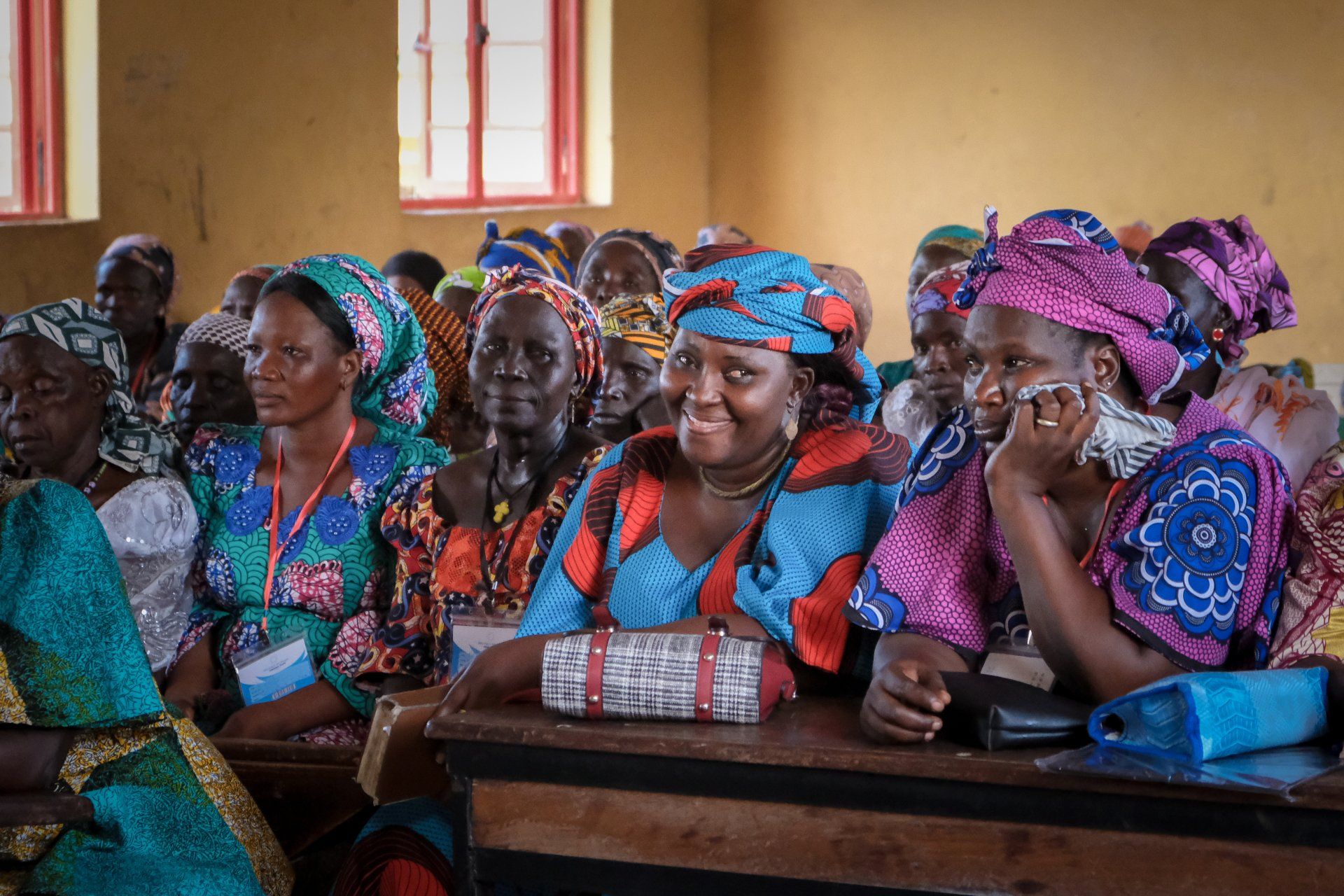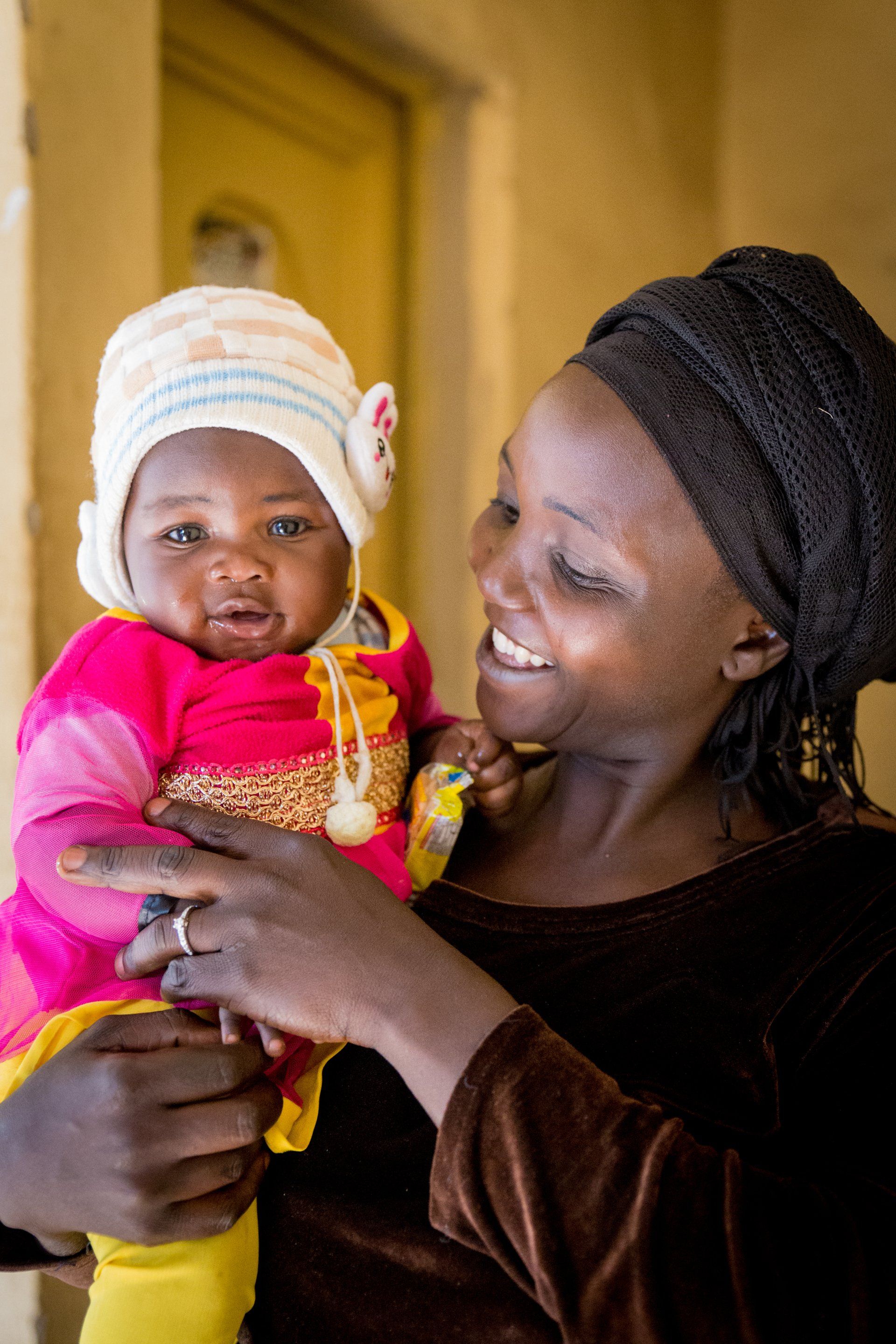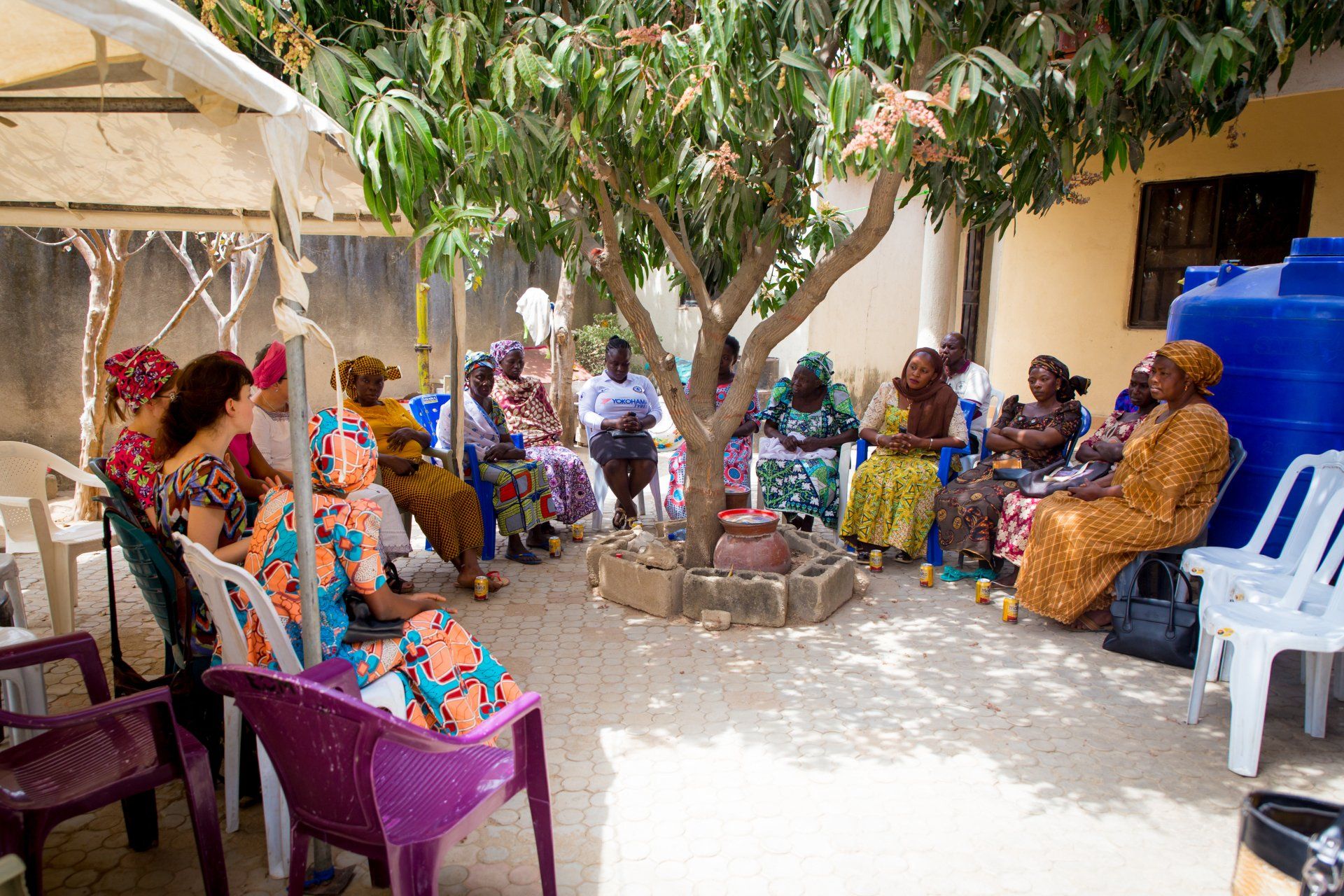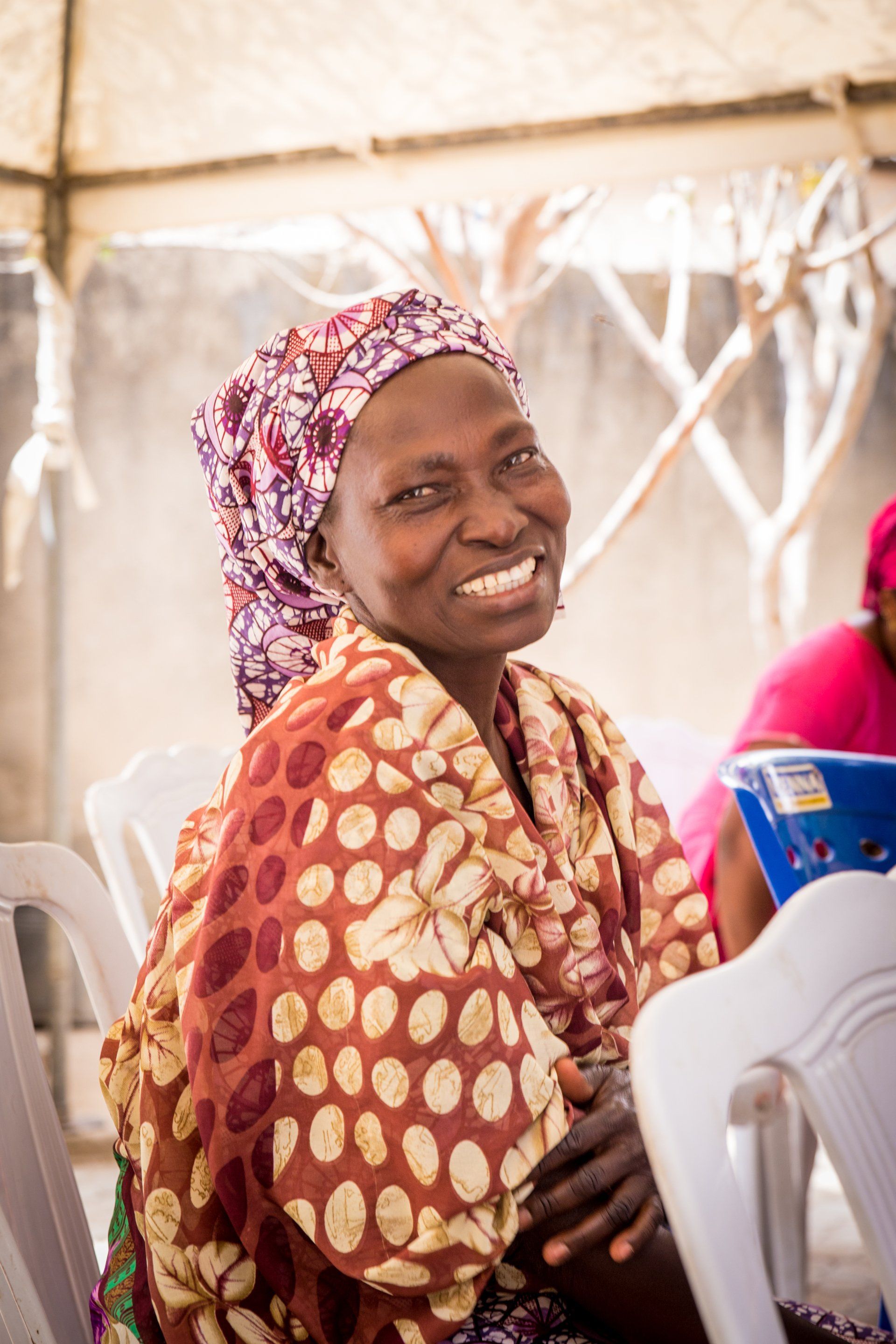Widows' Movement
Northern Nigeria and Northern Cameroon have been terrorized by violent groups over the last ten years. The Islamist faction Boko Haram has systematically targeted Christians, as well as the majority of Muslims who do not support the terror. Violent land conflicts between herdsmen tribes and settled farmers further contribute to undermine the fragile social fabric. Left behind are thousands of widows and their children living in extreme poverty.
In 2017 Nigerian widows formed a movement that is growing steadily, counting 4,250 members in 2025. In 2023 the same movement was launched in Cameroon, with currently 280 members.
Although their husbands have been killed and many of them have had to flee, they are not giving up hope for themselves and their children. The women meet every week in extended microfinance groups to help each other get back on their feet economically. A strong sense of belonging is created amongst the fated women as well as a safe space in which their traumas can begin to heal. Together, the women rise up again and gain the courage to shape their own futures.
How Rings of Hope supports the Widows' Movement:
Interested in sowing seeds of hope, or just curious to learn more? Get in touch with us!



